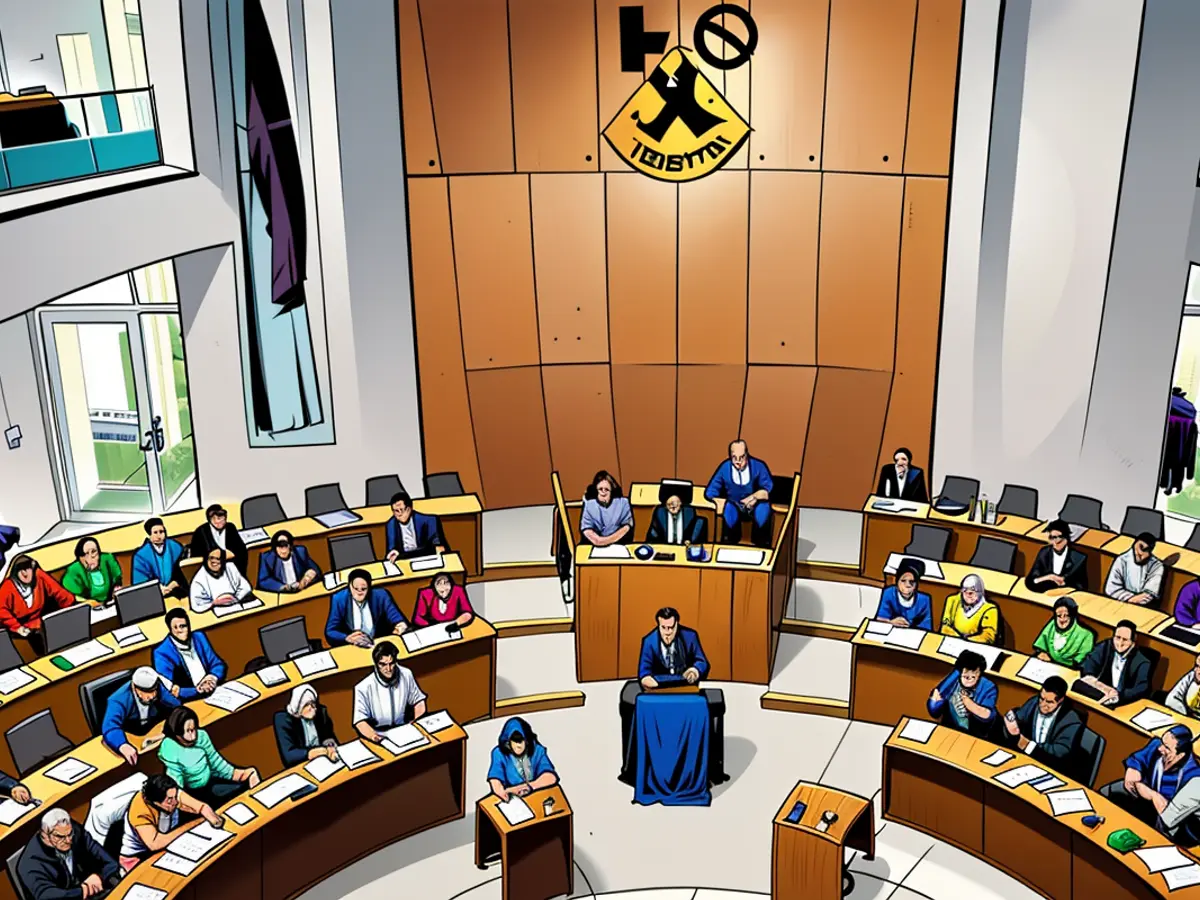Care - CDU state parliamentary group for hearing on care
The CDU faction is pushing for a hearing on the care situation in Rhineland-Palatinate in the state parliament following appeals from experts. The future Minister-President and outgoing Social Minister, Alexander Schweitzer (both SPD), is leaving his successor, Doris Schall, with a "heavy inheritance" in care, according to the care policy spokesperson for the CDU, Michael Wäschenbach, in Mainz. "There are also nuts and bolts that can be turned in the state," Wäschenbach said in the plenary session on coming Thursday. The CDU intends to advocate for a resolution on the flexibility of the skilled labor quota.
This quota, which is currently at 50% in Rhineland-Palatinate compared to other federal states, significantly restricts flexibility, leading to temporary work and resulting in unoccupied beds and institutions having to file for bankruptcy, Wäschenbach explained. The allegation that the flexibility of this quota would lower quality does not hold water, as experiences from the Eifel region have shown.
According to care organizations, the care sector in Rhineland-Palatinate is on the brink of collapse. Representatives are demanding urgent reforms from the state government and the care funds.
- Alexander Schweitzer, as the outgoing Social Minister, has left a challenging care situation for his successor Doris Schall in Rhineland-Palatinate.
- The CDU party in Parliament has called for a hearing on the critical care situation in Rhineland-Palatinate, echoing appeals from various experts.
- Michael Wäschenbach, the care policy spokesperson for the CDU in Mainz, highlighted the need for flexibility in the skilled labor quota to combat temporary work and vacant beds in institutions.
- In response to concerns about the potential decrease in quality due to flexibility, Wäschenbach referenced positive experiences from the Eifel region.
- Representatives from care organizations in Rhineland-Palatinate have pleaded for immediate reforms to the state government and care funds, as the sector teeters on the brink of collapse.








